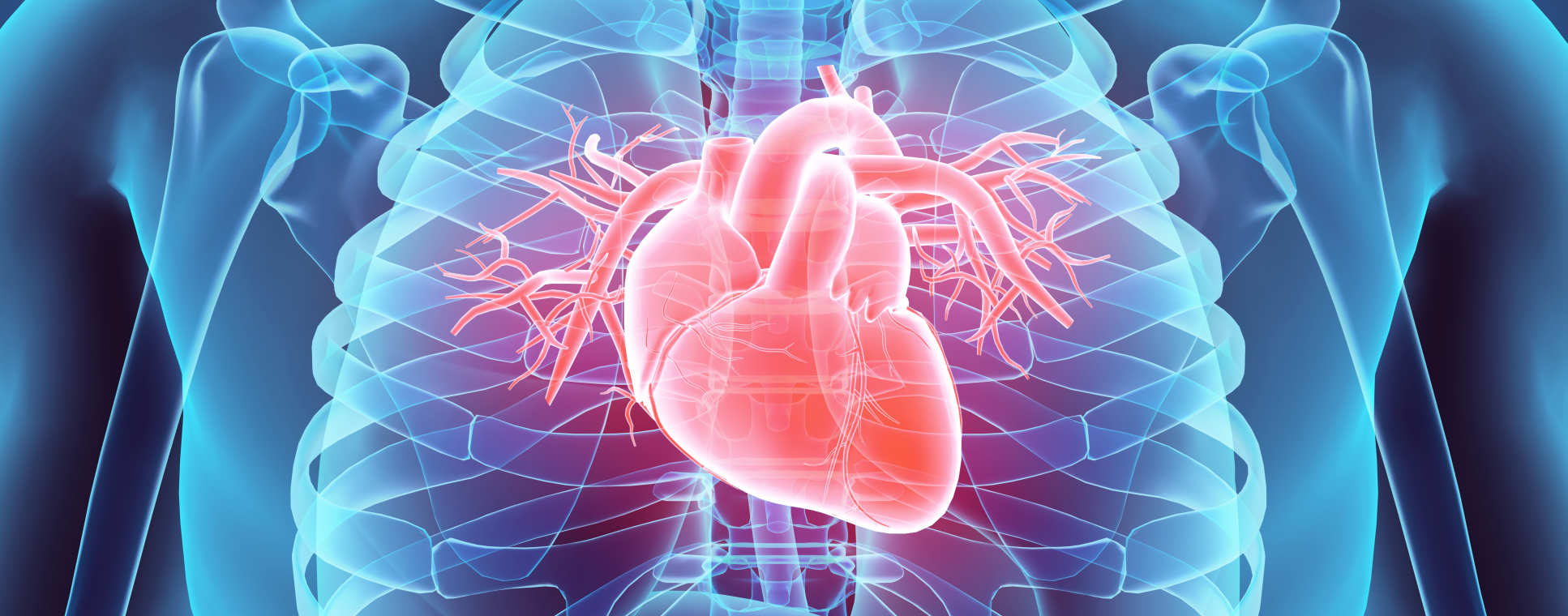
Cardiometabolic health is a measure of risk for diabetes and cardiovascular diseases. Cardiovascular disease is the most common cause of death in UK and diabetes is a growing health problem that costs the NHS £10 billion each year. Our research is aiming to highlight the causes of cardiovascular diseases and open new venues for prevention and treatment. Our department is a pioneer in applying molecular epidemiology approaches to unravel pathways that underlie cardiovascular diseases.
Our research falls under six related areas
- Genetics and cardiometabolic traits
- Epigenetics and cardiovascular diseases
- Metabolome profiling and cardiovascular diseases
- Cross-OMICS research
- Lifestyle and cardiometabolic health
- Life course
Cardiovascular diseases are known to be inheritable. Unravelling the heritable component of the cardiovascular diseases and highlighting the genetic structures that convey the risk of cardiovascular diseases from one generation to another, is a cutting-edge and fast evolving field. We are leading or contributing to a large number of projects on genetics of cardiovascular diseases. Genome-wide association studies are one of the up-to-date approaches to study genetics of complex disorders and we have applied this approach using our resources to find genes that make individuals susceptible to cardiovascular diseases.
Epi-genetic are characteristics of our genome that regulate the activities of our genes. In contrast to our genes that stay the same throughout our life, epi-genetic factors may change and differ from our ancestors. Epi-genetic factors are interesting for research since they could be either used a risk markers to predict future risk of diseases and could also help to understand the mechanisms that drive diseases. DNA-methylation is one of the major epi-genetic mechanisms that has been studied at population level in relation to complex disorders. A part of our research is on DNA methylation and cardiovascular diseases. LOLIPOP and NFBC1966 have valuable data on DNA methylation on their participants. Moreover, we have led or contributed to a number of international projects on DNA methylation and cardiovascular-related traits.
Metabolomics is the systematic study of the metabolome, the collection of small molecules that contribute to the cell metabolism and could be found in all body specimen. The metabolome profile is an interesting topic for research since it gives a unique biochemical fingerprint of every individual and due to its close link to the traits and diseases reflects a real-time image of health and disease of humans. We are working closely with the National Phenome Centre's and benefit from their wet lab services and intellectual consultations. The INTERMAP study and European FP7 funded COMBI-BIO project are two examples of our metabolomics research. The INTERMAP study was designed to study molecular determinants of blood pressure. Metabolomic profiling have been done on urine specimens. These data – available for the first time for a large number of individuals from diverse free-living populations – offer unique potential to provide novel biomarkers for nutrient intake, shed light on metabolic pathways involved in diet-BP associations, and identify therapeutic targets for BP control. Work is underway to enhance the INTERMAP nutrient database in order to investigate the role of novel nutrients (e.g., lycopene, isoflavones), glycaemic index, foods, food groups, and eating patterns in blood pressure regulation.
The COMBIBIO project is a multidisciplinary consortium bringing together leading groups in systems medicine, biomarker discovery, epidemiology, cardiovascular disease research, and computational medicine. It includes leading European/US prospective cohorts with subclinical atherosclerosis measurements, namely coronary artery calcium (CAC) detected by Computerised Tomography, and carotid intima-medial thickness (IMT) measurements. The aim is to identify biomarkers for subclinical atherosclerosis. We have conducted metabolomics profiling using both proton Nuclear Magnetic Resonance spectroscopy (1H NMR) and Mass Spectrometry (MS).
Molecular epidemiology applies different “omics” approaches such as genomics, epi-genomics, proteomics, and metabolomics to study the molecular determinates of complex disorders. Although single application of each technique has so far been very successful and has allowed us to extend the borders of our knowledge, a combinational application of these approaches are expected to be more fruitful.
Genome-wide association studies have successfully identified genes that affect the risk of cardiovascular diseases. For some, the molecular mechanisms explaining their association with CAD are well-defined (e.g. PCSK9, LDL-R). However, for the vast majority, the molecular mechanisms are less well understood or completely unknown. In a collaborative project with investigators from US and the Netherlands, we are aiming to achieve a more comprehensive characterization of the mechanisms for these CAD GWAS variants by studying the metabolomic signatures associated with each identified genetic variant. We use both NMR and mass-spectrometry metabolic profiling. The research will eventually highlight the pathways that are affected by the identified genes. Such an insight may lead to new insights concerning the pathogenesis of cardiovascular diseases or suggest novel therapeutic or preventive strategies.
A major approach towards prevention of cardiometabolic disorders is healthy lifestyle changes. Examples of risk factors that could be modified are diet, smoking, and physical activity. A large body of research is ongoing on the optimal lifestyle changes and their effect on cardiometabolic disorders. We are in particular interested in the relation between diet and cardiovascular diseases. We are applying molecular approaches such as metabolomics to achieve a precise measurement of the dietary intakes. Our research contributes to the effect of different dietary intakes and patterns on cardiometabolic health.
Most of the current research is done in adults and overlook the roots of health and disease that may lie in teen age, childhood or even before birth. In life course epidemiology, we try to assess the cardiometabolic health in a border range of age. Birth cohorts such as NFBC provide an appropriate resource to address such research questions.
One of the projects that follows this approach is the DynaHEALTH. DynaHEALTH is a European Union H2020 funded project to elicit healthy and active ageing through reducing the risks of obesity, poor glycaemic health and type 2 diabetes (T2D), and to promote social functioning and workability. The project is coordinated by Professor Marjo-Riitta Jarvelin.
The association between poor psychosocial factors and type 2 diabetes is well established. For example, shift-work, night work, working overtime and a lack of coherence during working life are well known risk factors for T2D. However, it is less clear how these factors affect health in the long-term, and when, during the course of one’s life, their effects are most pronounced.
DynaHEALTH’s goal is to develop a dynamic life course model for the combined pathological effects of glucose metabolism and psychosocial stress (gluco-psychosocial axis, GPA) which impact the health and working ability of individuals as they age. DynaHEALTH will contribute to implementing a dynamic model for early GPA risk identification and validation, allowing development of risk-based prevention tools and policies that will help to inform policy makers on the best periods to invest in cost-effective and sustainable healthcare strategies.
